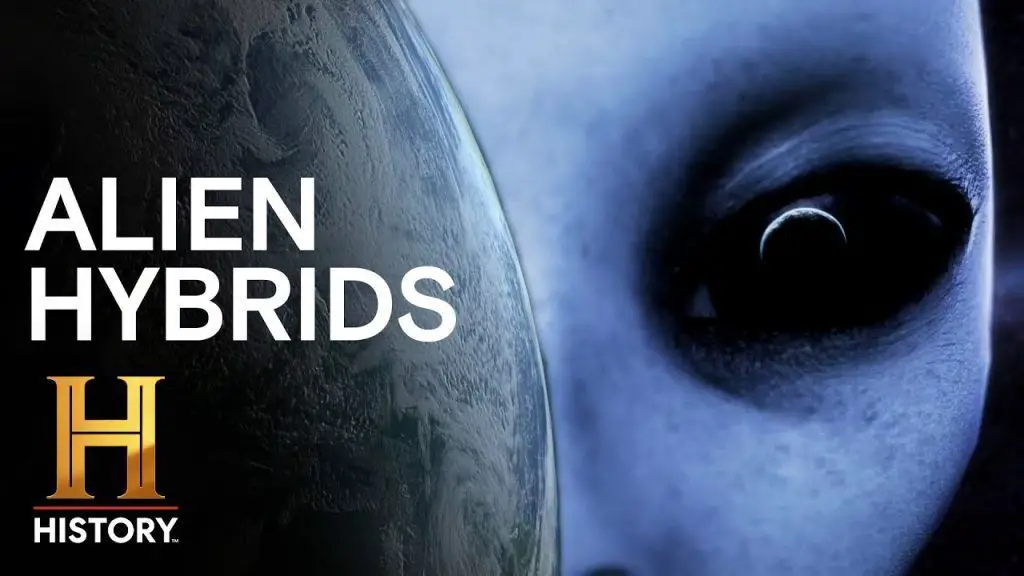

Unearthly Encounters: Abduction Tales from the Pacific Palisades
It’s a tranquil night on the shores of the Pacific Palisades. The horizon is graced with the usual sights of distant ships and twinkling stars. However, an anomalous light emerges, unlike any ship or star known to the residents. As it swiftly disappears, blending seamlessly with the starry sky, an eerie calm ensues.
One resident recalls waking up not in the familiar comfort of her bed but on an alien ship, surrounded by strange, off-white beings. Standing at a mere three-and-a-half feet with enormous black eyes and tiny frail bodies, these creatures were not the gray aliens frequently depicted in popular culture.
Stories of such abductions aren’t rare. Over the years, numerous accounts describe humans being taken onto alien spaceships, where they claim to have been inseminated with alien reproductive material, leading to the conception of human-alien hybrids. These harrowing tales speak of hybrid children, created using human DNA combined with alien DNA. The purpose? Still unknown. Some speculate it’s a hybridization program; others think these hybrids might repopulate our planet when environmental conditions change. The consistency in these narratives begs the question: is there some truth to these encounters?
The Bombardier Beetle: Evolutionary Anomaly or Intelligent Design?
Deep within the Ventura Bio Center, another mystery unfolds, albeit a tiny one. Giorgio Tsoukalos, an ancient astronaut theorist, is introduced to one of Earth’s most enigmatic insects: the Bombardier Beetle.
This tiny creature, often overlooked in the vast realm of biodiversity, boasts a chemical defense mechanism that has left scientists astounded. With the capability to shoot out streams of boiling, toxic liquid resembling rocket fuel, this beetle’s defense is nothing short of a marvel. The liquid, produced by a combination of hydroquinone and hydrogen peroxide, is ejected at a staggering rate, deterring would-be predators.
But how did this beetle evolve such a sophisticated defense mechanism? Traditional evolutionary theories suggest gradual changes leading to adaptations. So, what intermediate steps led the beetle to not only produce these chemicals without harming itself but also to develop a unique one-way valve to ensure its own safety while discharging this lethal concoction?
This led some, like Tsoukalos, to pose a riveting question: Could the Bombardier Beetle, or at least its genetic blueprint, be of extraterrestrial origin? If humans could harness this beetle’s ability on a grand scale, it could serve as a potent chemical weapon or energy source.
VIDEO:
Connecting the Dots: Earth, Aliens, and Our Biosphere
While the tales of abductions and the mystery of the Bombardier Beetle might seem worlds apart, they converge on the intriguing notion of extraterrestrial intervention. Could some creatures, like the beetle, have been placed on Earth as finished products, or perhaps as subjects for humans to study and learn from?
While definitive answers remain elusive, such tales and mysteries remind us of the vast, uncharted territories of knowledge waiting to be explored. They beckon us to keep our minds open, ready to challenge what we know and venture into the unknown realms of the universe.
Don’t forget to follow us on Instagram for the latest UFO videos & photos.
Link: instagram.com/latestufos/
Journalist: Pentagon’s “Immaculate Constellation” UFO program hides vast, classified evidence. Lawmakers demand full disclosure. Read More
Ex-Army remote viewer Dr. Paul H. Smith reveals hidden UFO bases, moon missions & the… Read More
Joe Rogan reveals 5 chilling alien encounters—from Zimbabwe’s school UFO to Brazil’s Roswell and Navy… Read More
Mantis aliens: real rulers of Earth? Ancient carvings, abductions & mind control suggest they’ve been… Read More
Whistleblower claims Pentagon hides thousands of UFO videos in a secret program called Immaculate Constellation.… Read More
Ex-presidential advisor Malmgren says he held UFO material & saw alien survivor video. Secret tech… Read More
This website uses cookies.